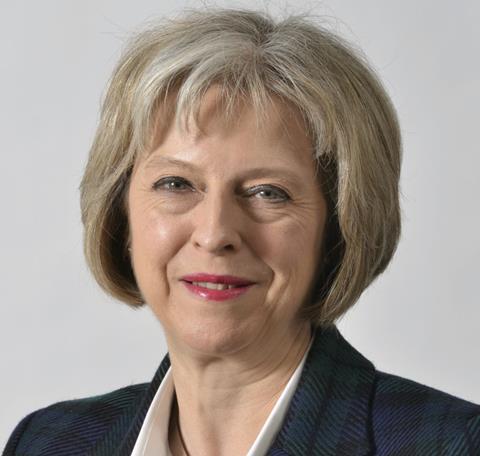EU leaders have granted the Prime Minister an extension to the UK Brexit process, after meeting in Brussels on 10th April. The new deadline of 31st October offers the prospect of the UK not having to leave the EU without a deal.

Theresa May said she had wanted a shorter delay and confirmed that the UK would still aim to leave the EU as soon as possible. However, the UK must now hold European elections in May, or leave on 1st June without an agreement. MPs at Westminster are still deadlocked over a withdrawal agreement however.
Commenting on developments, Norman Bagley head of policy at the Association of Independent Meat Suppliers (AIMS) said: “If rumours are right and Barnier is now actively engaging in exploring technical options for the border, then removal of the Irish backstop is more realistic and a solution follows…perhaps, or perhaps not!”
Ian Stevenson the Livestock and Meat Commission (LMC) Chief Executive also commented: “The red meat industry in Northern Ireland has had many sleepless nights in recent times as our farming and food businesses have tried to wrestle with the very real prospects of a Brexit no deal scenario.
“Thankfully developments in Brussels late last night have given some immediate short term relief as the UK withdrawal date from the EU has been delayed. It is essential that UK Politicians work hard in the coming months to ensure that consensus on a constructive way forward is reached. We do not want to be facing a further no deal Brexit horror show as we approach Halloween.”
Katie Doherty, CEO at the International Meat Trade Association (IMTA) added: “Getting so close to a potential cliff-edge without knowing the direction of travel was extremely unhelpful for industry. We therefore welcome the extension that was agreed at the EU Council meeting last night and urge UK Government to avoid any further potential close cliff-edge junctures.”
Common ground

Martin Morgan of the Scottish Association of Meat Wholesalers (SAMW) said: “We are pleased that the imminent threat of crashing out without a deal has been removed. The onus is now firmly on the powers that be in Westminster to finally put this sorry mess behind us, find some common ground and resolve this matter, so the country and businesses' have certainty.”
Another view from Scotland came from Alan Clarke, the Chief Executive of Quality Meat Scotland (QMS), who said that while the announcement of a further delay of Brexit until 31st October gives some clarity in the short-term, there is still considerable longer-term uncertainty generated by the political deadlock. He said that it was vital that the extra time which has been granted is used productively to ensure an orderly exit from the EU with the required protocols and administrative systems in place.
He added: “We welcome this week’s decision by the EU to add the UK to the list of ‘third countries’ which are able to export products of animal origin to the EU. This would, for example, allow UK sheep meat exporters to continue to sell to the EU in the case of a no-deal exit from the EU. However, it should be noted that under a no deal scenario, UK exporters would face significant trade barriers, including product checks at the EU border and prohibitive tariffs.
“The delay announced today gives time to ensure the necessary processes are developed and there are sufficient, authorised people in place to complete the paperwork. However, there remain many operational challenges for our red meat industry which is highly dependent on trading relationships with overseas markets.”
Mr Clarke also highlighted the fact that the end of October, the new agreed deadline for Brexit, lands during the peak season for lamb in Scotland, when the greatest volume is on the market. “This is an extremely important time of year for our sheep farmers in particular, in terms of revenue as the main trading period for lambs, so it is vital that every step possible is taken to avoid destabilising the market,” he concluded.
This story was originally published on a previous version of the Meat Management website and so there may be some missing images and formatting issues.















